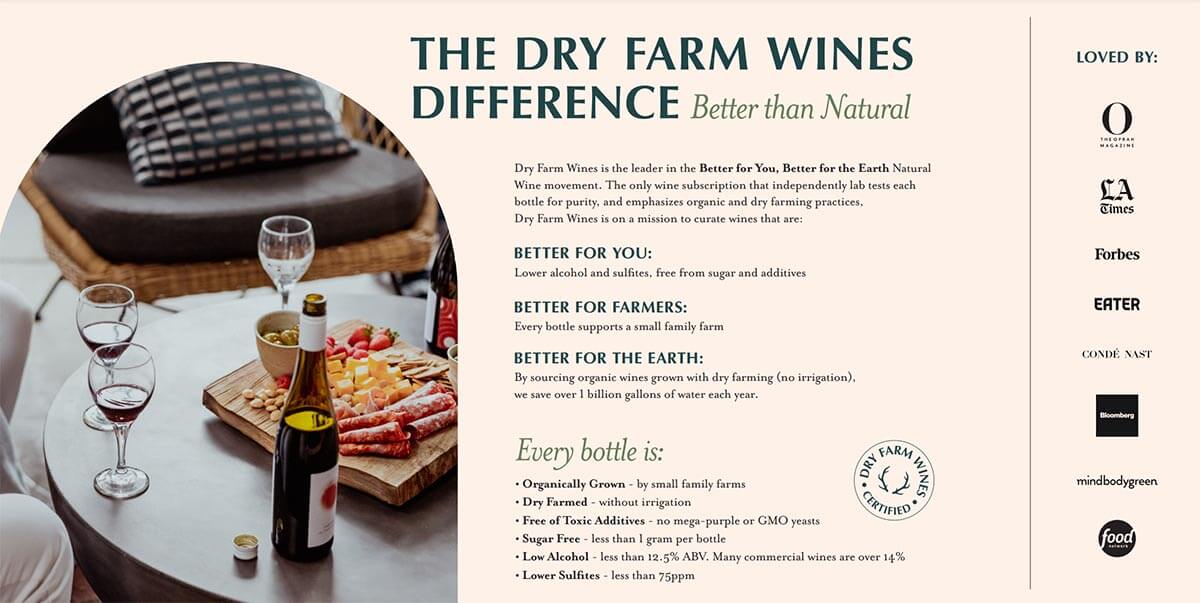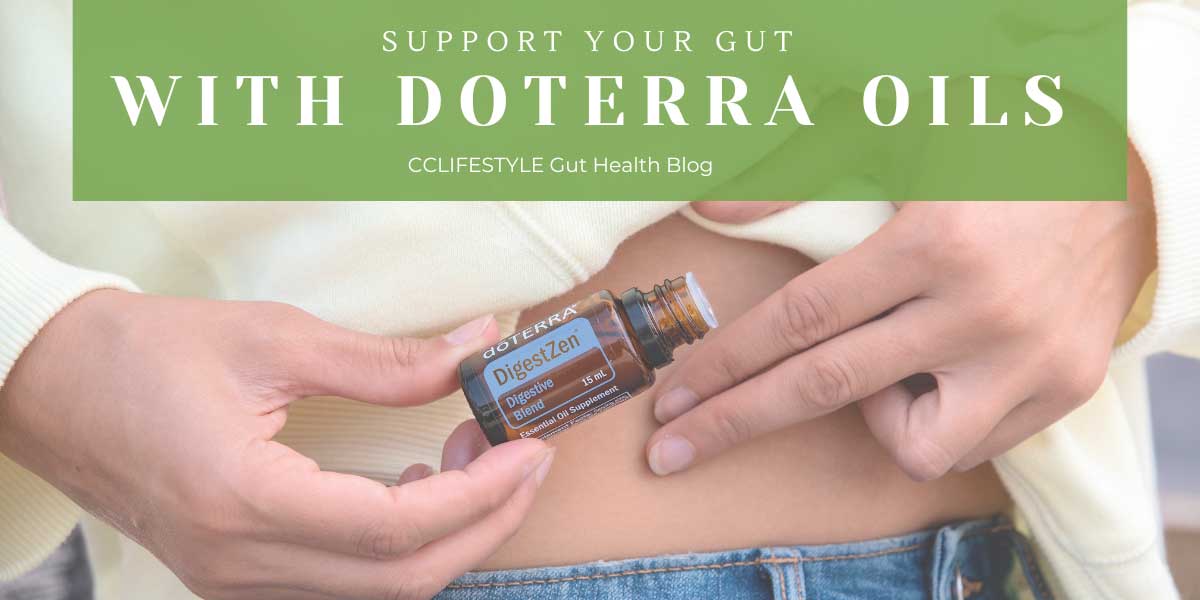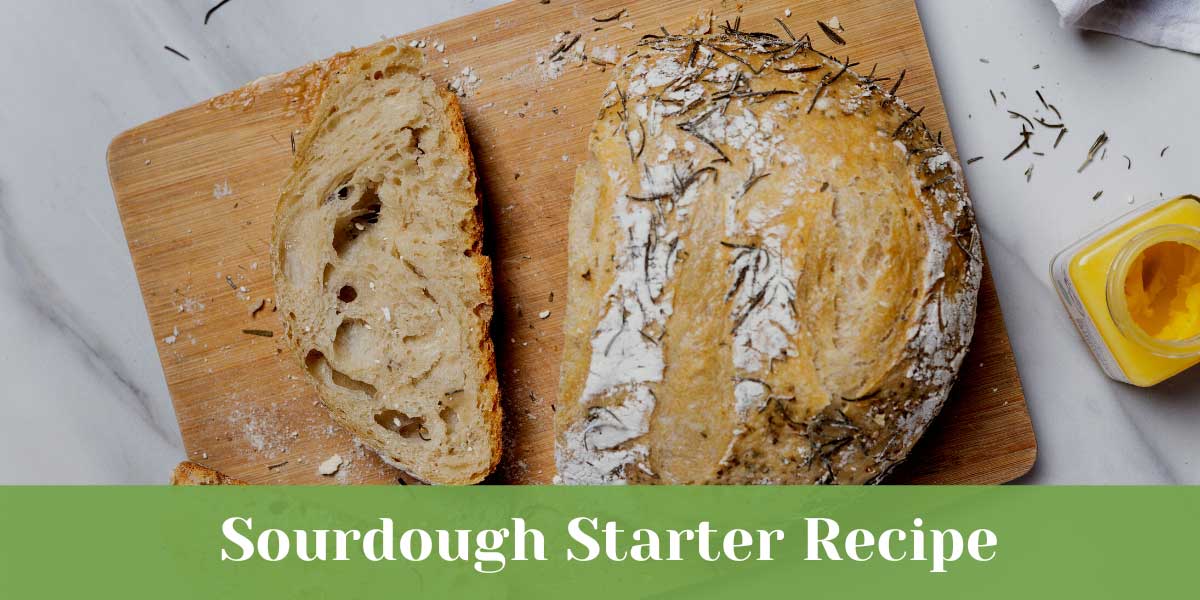
BOOK A FREE STRATEGY SESSION TODAY | CLICK HERE
Questions?
Questions?

Do you crave wine, but haven’t been able to have it due to Crohn’s or Colitis? We are happy to announce that we found the BEST wine out there on the market that not only is paleo, organic, and all-natural, but will not cause gut problems, unlike other alcohol products that can actually cause symptoms, flares, and long-term damage due to the ingredients!
Let us at Crohn’s & Colitis Lifestyle tell you all about this awesome wine! 🙂
Wine is not only enjoyable for many but has been a daily part of people’s lives for centuries with its aromatic scents and lovely tastes! The swirling, sniffing and overall flavor it brings to our senses add to the experience.
This is why wine has been a love of many through the centuries.
Wine through the centuries:
“Wine has been around since at least the Paleolithic time period. Evidence from that era shows that it was used for medicinal and health purposes as well as for enjoyment.”
(Scientific American)
“Even though alcohol is known to be toxic, many scientific studies actually correlate drinking wine with improved health. There are studies (see below) that correlate wine and improved heart health, a lower risk for diabetes, stress reduction, and a longer life. A lot more research is needed to validate these findings, but there is no question that there is something about wine that is good for us.”
(National Center for Biotechnology Information (NIH), Time, Medical News Today, The Independent, American Heart Association, American Diabetes Association, National Center for Biotechnology Information)

So then why do we feel sick often when we drink it? Let’s break down different aspects of wine! 🙂
Take a look at Labeling & Transparency about Wine:
Farming Facts
Prima Foodie wrote a beautiful excerpt on why we should be careful when selecting a wine:
https://www.primafoodie.com/home/why-we-need-to-be-thinking-about-whats-in-our-wine
“In the US, the FDA approves of 76 additives for wine. These include artificial dyes, genetically modified yeast, and various animal byproducts like isinglass (dried fish bladders that are used as a filtering agent), and casein.
(Not to mention, adding sugar to wine is widespread in the commercial industry.) For people who drink wine regularly, these chemicals can build up in the body, potentially causing harm. Some researchers in the field have begun measuring the amounts of glyphosate in wine. Other experts link the common wine hangover to all the junk allowed in the juice.
What this all reveals is a critical missing piece: transparency in labeling. Currently, the only ingredient mandated to appear on a wine label in the US has added sulfites. This means all the extras—the thickeners, the dyes, the flavor manipulators—get swallowed without an inkling. If we knew our ’97 Napa pinot had a hint of PVPP, an artificially made plastic substance, we’d likely pass.”
As the world’s premier low alcohol, Natural Wine source, Dry Farm Wines finds wines made from organically grown grapes and lab tests them to meet their strict criteria.
One of these criteria is alcohol. All wines must be below 12.5% alc/vol, with many below 11.5%. This is because a glass of 11% alcohol wine is very different from a glass of 16% alcohol wine. By giving your liver time to process, lower alcohol also provides the benefits of alcohol while reducing the downsides of higher alcohol consumption.
But, the wines are more than just lower alcohol. Each wine is vetted to meet rigorous standards, including:
Dry Farm Wines works exclusively with small family farmers to offer a pure Natural Wine experience grown the way nature intended.
This experience allows you to take pleasure in wine daily and enjoy the benefits of moderate alcohol consumption. Many cultures around the world uncork wine casually every night, alongside delicious food and in the company of friends and loved ones.
Sourcing Natural Wines from small family farms, predominantly in Europe, Dry Farm Wines has a strong mission: to share wines that are truly a higher quality product. They’ve identified natural farming and winemaking protocols that yield pure, beautiful wines.
Every Dry Farm wine must be:
Dry Farm Wines is the only wine merchant with strict purity quantifications. Every one of their wines is lab tested by an independent certified enologist to be:
The result? These wines are real wines, made the traditional way. No industrial influence or added stuff.
ALL the wines from Dry Farm Wines meet very strict purity criteria. Their list of criteria is long, but here’s an idea:

Dry Wine Farms Mission Statement
Our mission is to source pure Natural Wines with fewer toxins, made with respect for the planet. It’s important to know that most wines in retail stores and restaurants are commercially made. Many large companies produce wine on an industrial scale with high levels of sugar, additives, and alcohol. Our Natural Wines are a completely new experience. They are grown by artisan family farmers, and because we care about what we consume, they are lab tested for purity.
With the variety of wines from Dry farm wines, it may be hard to choose 🙂 but either way, the process couldn’t be easier!
Simply order online and have your bubbly sent straight to you with our member discount too!
In this section, we provide you with simple takeaway tips and a quick reference guide from us so that you can implement this in your daily health regimen!
*A quick tip from Dry Wine Farms:
Did you know? You can chill red wines!
Whites and rosés are most often served cold to keep them fresh, but you can do the same for red wine. Our Natural Summer Reds are meant to be chilled and enjoyed cool on a hot summer day.
For optimal enjoyment, throw a bottle of Natural Summer Red in the fridge for 25 minutes before drinking.

You can find all of the products mentioned in our CCLIFESTYLE shop at discounted rates with the First10 – 10$ discount code!
P.S.S If you sign up for our newsletter you can receive a 10% discount code for EVERY order!
Before using any of the products or trying any of the treatments mentioned please consult with your doctor, as this is not medical advice and should not be used without medical supervision.





Do you struggle with toxicity? Or need to shift the microbiome? In this post, we want to discuss Wild Oil of Oregano and the benefits it offers for the body. Let us at Crohn’s & Colitis Lifestyle share all we know with you on WOO.

When it comes to maintaining good gut health, many individuals turn to natural remedies for support. One such option that has gained significant popularity is the use of doTERRA essential oils. With their powerful properties and potential benefits, doTERRA oils have become a go-to choice for individuals seeking relief from gut-related conditions like Crohn’s disease and colitis.

In this blog, we want to offer you a creative way to “spice up” your gut-friendly recipe toolkit! This is a smooth, tummy-friendly recipe that can be catered to your diet specifications.